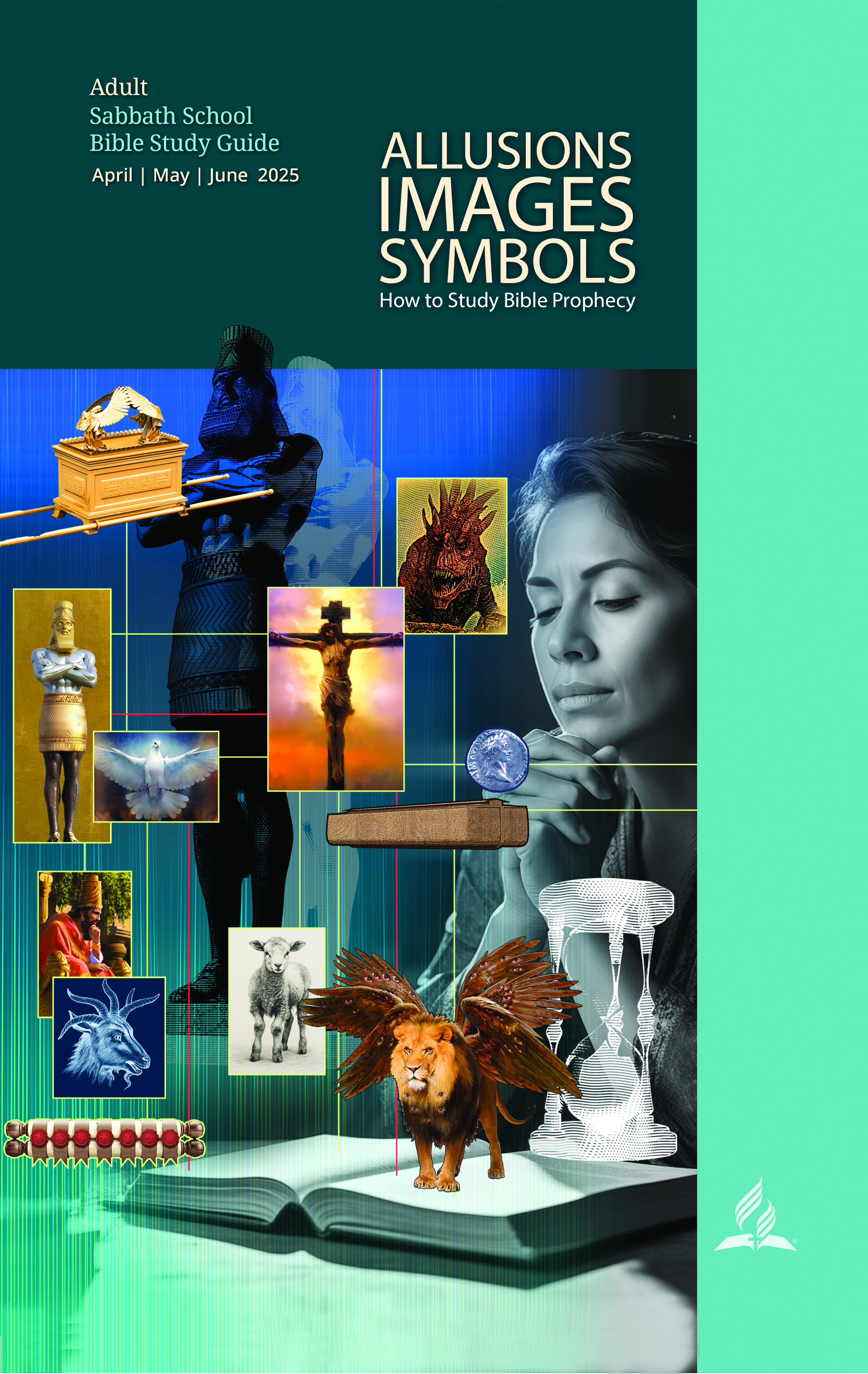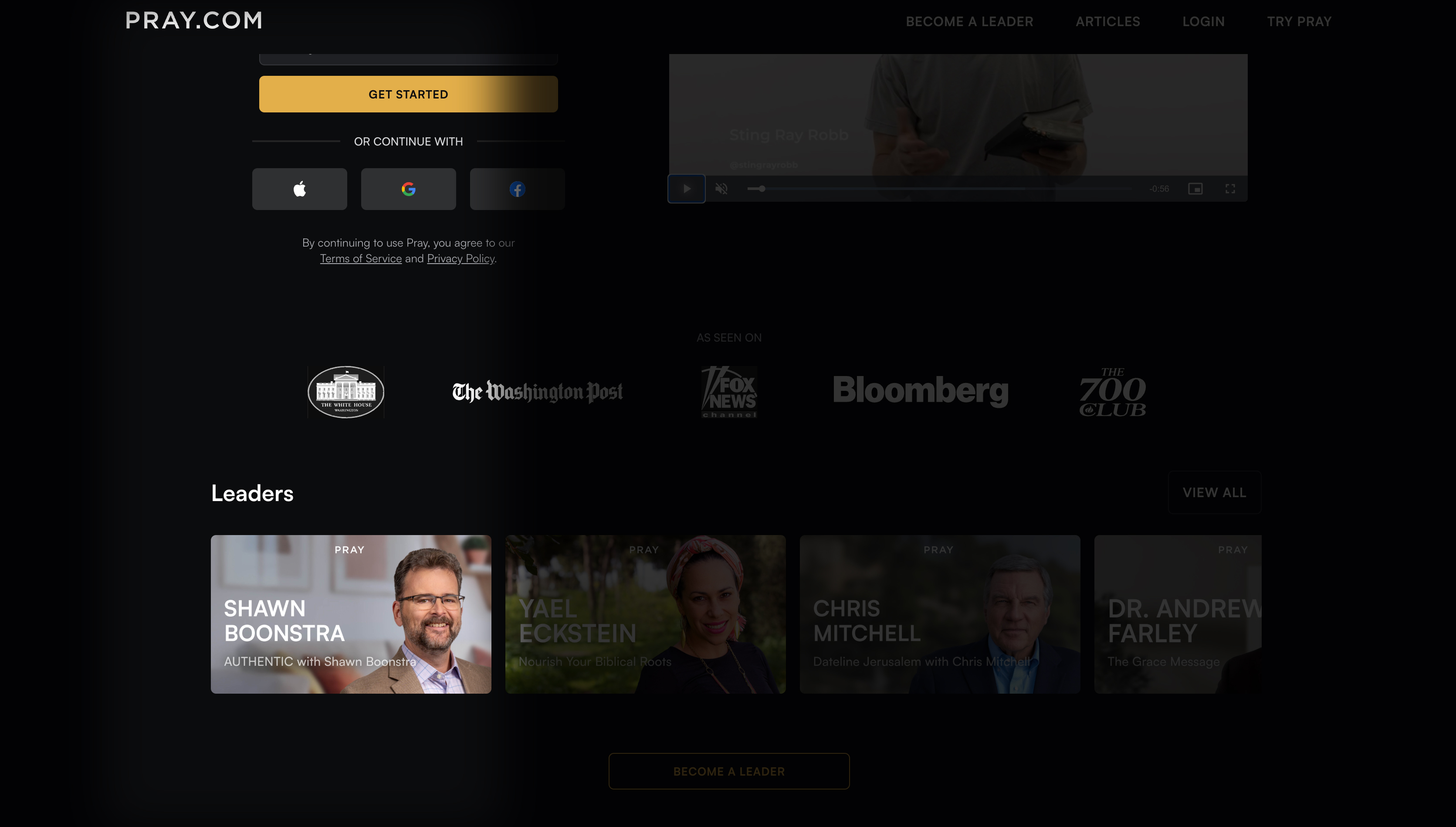
Your Cell Phone & the Book of Revelation
There is a proposed bill in Vermont that has made advocates of personal liberty a little nervous. The nerves are understandable: the bill, if enacted, would allow police officers to search through the contents of your cell phone on the roadside–without a warrant.
Why would they want to look at your phone? In order to determine whether or not you were, in fact, texting and driving when they saw you glance at the phone.
Good, some people are thinking. You shouldn’t be texting and driving at any rate. People can–and frequently do–get injured or killed by people who do such things. If you’re texting and driving, you deserve to get caught.
I agree: the toll exacted on the rest of us by those who selfishly and thoughtlessly endanger our lives has been far too high. If you text and drive, you deserve to get caught. I hope you get caught.
But not through a warrantless search on the side of the road. That is something we must not allow.
But if you’re not doing something illegal, some will protest, then there’s nothing to worry about. You have nothing to lose by having your phone searched. What’s the big deal?
The big deal, here in America, is the Bill of Rights. The Constitution is rather explicit: you can’t search the private effects of an individual without a warrant, and you can’t even get a warrant unless there is probable cause to search. The data on your phone, constitutionally, is sacrosanct, and there is a reasonable expectation of privacy.
I fully understand what that means: sometimes, criminals will be able to dispose of evidence before police officers can get a warrant. Sometimes, prosecutors won’t have the evidence they need to build a case against truly bad people. It’s the cost of freedom, unfortunately: if we dispose with the constitutional protections outlined in the Bill of Rights, we will eventually face serious problems.
Ask those who have lived under the all-seeing eye and iron fist of totalitarian regimes. Ask them how far governments run by sinful human beings are willing to go when determining what does or does not constitute a threat to the security of the state. Ask them how often religion has become the focus of unwanted attention. Ask the Jews whose family members were butchered, or the Christians whose Bibles were confiscated, preachers silenced and personal liberties violated. It happened without due process: the government was the final word.
This isn’t North Korea or the Soviet Union! It’s America, and it would never happen here.
No? History has clearly demonstrated that human nature hasn’t changed over thousands of years. If you create an opportunity to seize power at the expense of liberty, someone is bound to take advantage. The only reason it hasn’t happened in America is because of the Constitution.
Consider the case of the Texas city that subpoenaed local pastors’ sermons in an effort to determine whether or not pastors were preaching against a new anti-discrimination law. Parts of the law were controversial, including the apparent requirement that transgender individuals be permitted to use the bathroom of their choice. Some preachers didn’t like it, and said so from the pulpit. The city began to demand copies of their sermons.
Many people disagree with the pastors’ position; whether you agree or not is quite beside the point. The erosion of freedom of speech is the real concern in this case. Take away someone’s ability to speak his or her mind, even if you find his or her opinion objectionable, and one day someone will return the favor and move to silence your opinion.
To some extent, that’s already happening on the college campuses of America. When controversial speakers are invited to speak on campus, segments of the student body appear ready to protest (their absolute right) with increasing frequency. The protests are not the worrisome part; it’s the attempt to forbid, by coercive means, the ability of ideological opponents to speak at all. Thus far (to my knowledge), there have been no legal attempts to silence opposition; coercion has been applied in other ways. The opposition, it seems, must be silenced at any cost.
Get in the habit of coercively silencing others, and eventually the opposition will return the favor. Gag people, and liberty dies. Fortunately, the right to speak and the right to due process are enshrined in law, at least in America and many other western nations.
Now: back to the cellphones for a moment. I seriously doubt there’s anything on my iPhone that would lead to either a traffic ticket or any sort of criminal prosecution. I have nothing to worry about. An officer would likely find my data . . . boring.
But let’s suppose my religious opinion suddenly became illegal, or yours did. I would like to be able to appeal to my constitutional rights, and so would you. I’d like to believe that there would not be a long line of horrible legal precedents in place for the opponents of liberty to appeal to in order to compromise our rights.
That’s the real issue: legal precedent. It can lend weight to a case, and if lawyers find long strings of examples where the erosion of liberty has already been eroded numerous times, they will build a case on it. We run the risk that precedent will help erode liberty further. So, no: looking through cellphones isn’t a big deal–except for the fact that it might prove to be a stepping stone to real big deals.
I understand: there’s a cost involved in preserving privacy. There might be some people who walk free undeservedly because we had to walk the high road of legal safeguards while they were able to lie and cheat. It happens. But that is the cost of liberty, and Christians in particular should cling to the memory of what happened to them in each historical case where such protections did not exist.
It would never happen? We would never erode liberty to that extent? Other generations have disbelieved it . . . and Christians have Revelation 13 as a stark reminder that it can, does, and will come.



